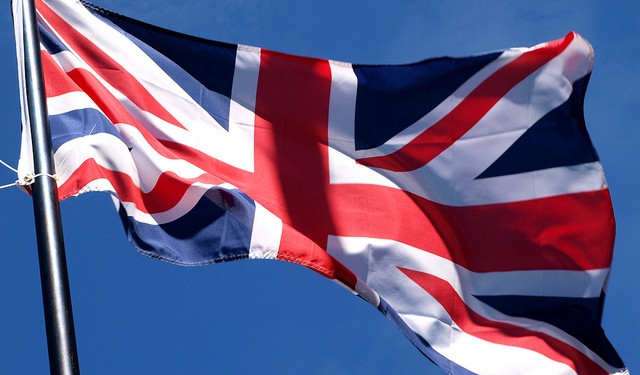Growth in the number of non-EU students at UK universities is slowing, figures today show, with the total up just 2% last year – down from 5.5% in 2010/11. The PIE News has learned this was caused partly by a slump in Indian enrolments, which fell by almost a quarter.
News and business analysis for Professionals in International Education
Have some pie!
UK: Indian enrolments at universities fall 24%
 The figures confirm fears that interest in UK higher education is slowing
The figures confirm fears that interest in UK higher education is slowing However, the number of people studying British degrees offshore has risen by some 13%.
The news follows a year of conflicting signals over whether UK HE, unlike language schools and FE, has avoided damage from tougher visa policies. The Coalition government has frequently used rising UCAS applications to claim it still welcomes the “brightest and best”.
The number of people studying British degrees offshore has risen by some 13%
According to the Higher Education Statistics Agency, total non-EU enrolments in 2011/12 grew at their lowest rate since 2007/8, climbing from 298,110 to 302,680.
There was another big rise in Chinese students, up from 67,325 to 78,715, but mounting fears about the Indian market proved to be founded. Enrolments tumbled from 39,090 to 29,900 likely due to the post-study work visa being scrapped. “The large drop in students from India is a concern,” said Dr Joanna Newman, director of the UK Higher Education International Unit.
Most other major markets remained stable, although for Nigeria and Saudi Arabia this meant a slowdown after considerable growth over the last few years.
Dominic Scott, CEO of the UK Council for International Student Affairs, told The PIE News: “The 2% growth is obviously a slow down from previous years but to see any growth whatsoever after such dramatic visa changes could well allow government to say its policy is vindicated and that good students, including “the brightest and the best”, are still choosing the UK in large numbers.”
He continued, “However we all know that the position for 2012/13 and indeed 2013/14 may well be far worse with less new undergraduates coming into the system, far fewer coming on foundation or pre-degree courses and many postgraduates, interested in post-study work opportunities, deciding to go elsewhere.”
“We all know that the position for 12/13 and indeed 13/14 may well be far worse”
On a happier note, there was a dramatic rise in students studying British degrees offshore – an area the government is pushing, albeit with no direct funding. Numbers grew from 503,795 to 571,010 (although reporting anomalies may have exaggerated the rise) with the majority taking first degrees outside the European Union.
The Department of Business, Innovation and Skills put the rise down to the strength of the UK’s brand abroad. However, Vincenzo Raimo, director of the International Office at the University of Nottingham, which has campuses in Malaysia and China, warned against triumphalism.
“The growth in-off shore provision is very positive and shows how flexible UK universities are being in responding to changing world economic and political circumstances,” he said. “But the increase in off-shore provision builds on very long established solid foundations – it’s not a new fad as some people seem to suggest.”
Overall numbers at UK universities (including British and foreign students) fell for the first time since 2008 – likely because of the cap on domestic fees rising to £9,000 in 2012.
However, the number of EU students – feared to be falling for the same reason – climbed by 2%, although this was half the 2010/11 figure.
“The UK’s overall growth in international student numbers of 4,570 is tiny compared to recent US figures”
Dr Jo Beall, British Council director of education and society, pointed out that it was not a good picture for onshore recruitment. “The UK’s overall growth in international student numbers of 4,570 is tiny compared to recent US figures of a growth of 41,000 students over the same period,” she said.
“Although the UK government has made it clear there is no cap on international students, these statistics for the first time provide real evidence that the changes to UK visa regulations may have dissuaded many students from applying to the UK.”
Still looking? Find by category:



Numbers look true, its around 50% drop from India for all UK universities, Overall Uk numbers are badly hit, UK universities to do something more pushy……